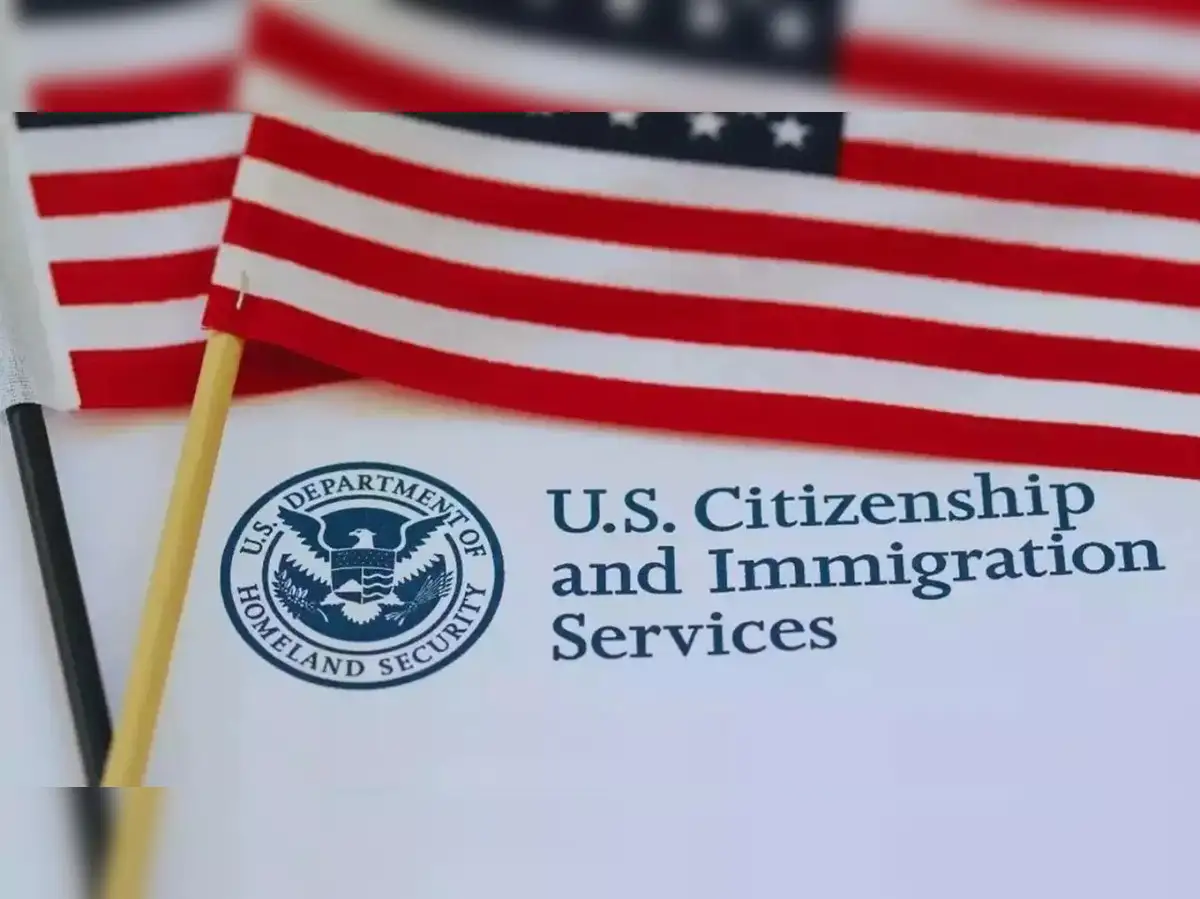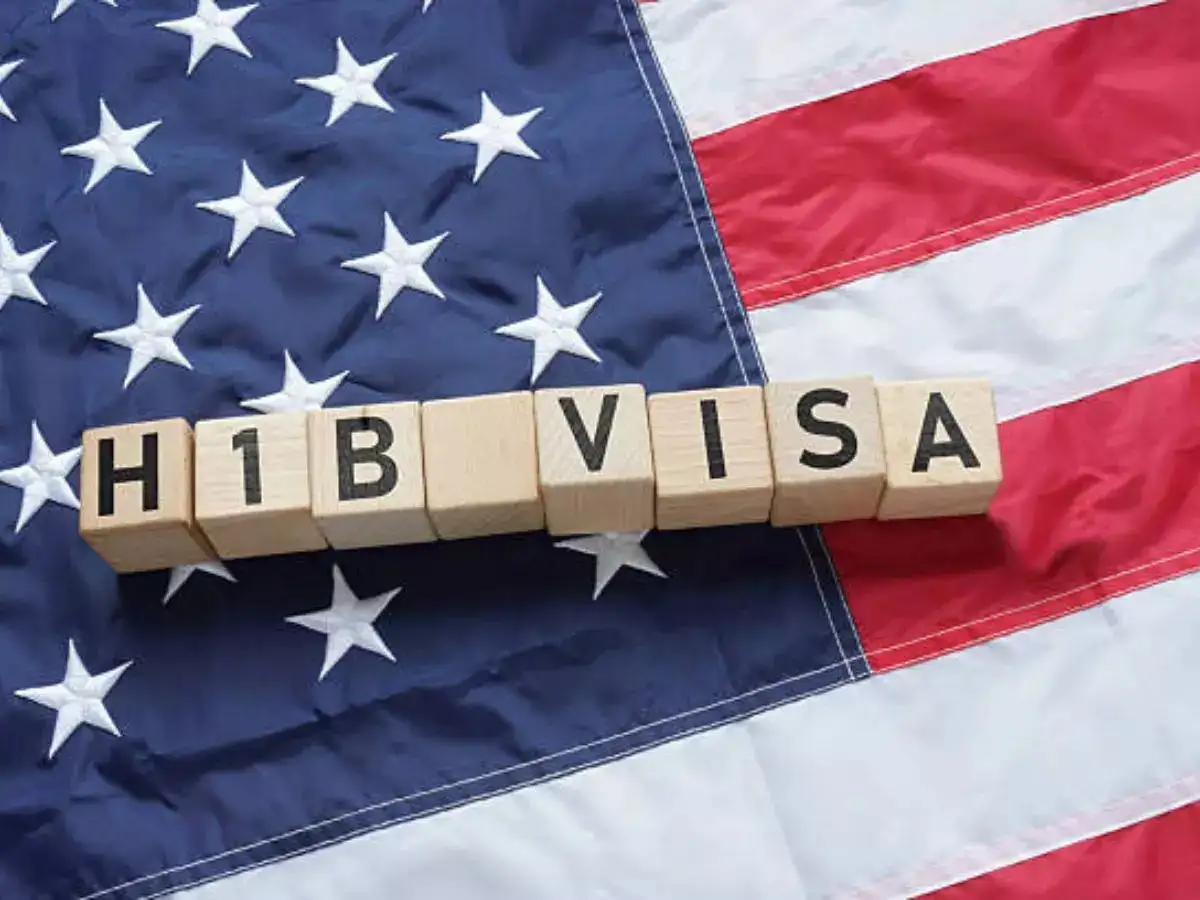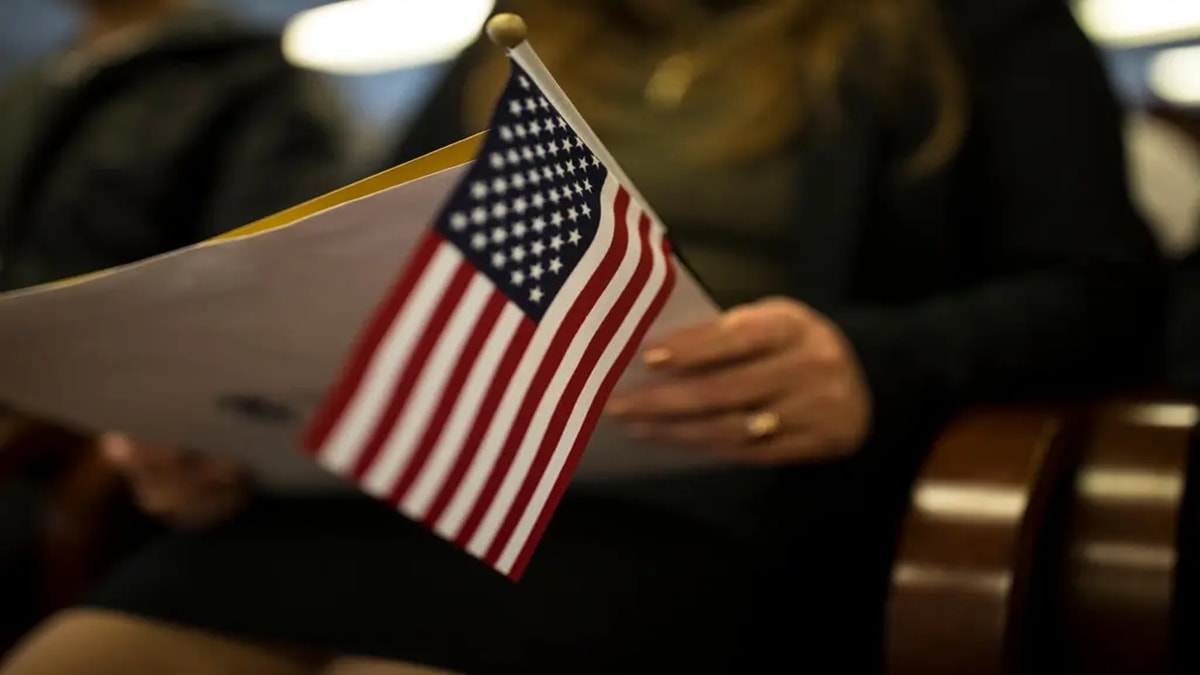Analyzing the Trump Administration's Alleged H-1B Visa Fee Hike to $100,000: Implications for Indian Professionals and US Tech
This reported, substantial H-1B visa fee increase would drastically alter the operational costs for US companies employing foreign talent and create immense challenges for skilled professionals seeking to work in the United States.

Subscribe to our newsletter and stay informed about latest H1B news, policy updates and and other developments.
Article Summary
The article reports on a supposed decision by the Trump administration to increase H-1B visa fees to $100,000 annually. This hike is presented as a major setback for Indian professionals, who are the primary beneficiaries of the program, and is expected to negatively impact India's forex reserves due to reduced remittances. The policy change is framed as an extension of the 'America First' agenda, aiming to compel US firms to prioritize hiring American citizens.
Original Article: india.com
[ Sentiment: negative | Tone: factual ]
This summary and analysis were generated by TheNewsPublisher's editorial AI. This content is for informational purposes only; it does not constitute legal or immigration advice.
[ Sentiment: negative | Tone: factual ]
This summary and analysis were generated by TheNewsPublisher's editorial AI. This content is for informational purposes only; it does not constitute legal or immigration advice.
TNP AI: Key Insights
If implemented, a $100,000 annual H-1B visa fee would represent an unprecedented and prohibitive cost increase for businesses, particularly tech startups and smaller companies, making it economically unfeasible to sponsor foreign talent. This would fundamentally reshape the US skilled labor market, potentially driving tech innovation and talent to more immigration-friendly nations like Canada or the UK.
This alleged policy shift is a stark example of the 'America First' approach, moving beyond lottery reforms to direct financial disincentives for hiring foreign workers. Such a drastic measure would undoubtedly face immediate and intense legal challenges from industry groups and immigration advocates, and its enforceability and long-term economic consequences would be subject to extensive debate and potential reversals.




